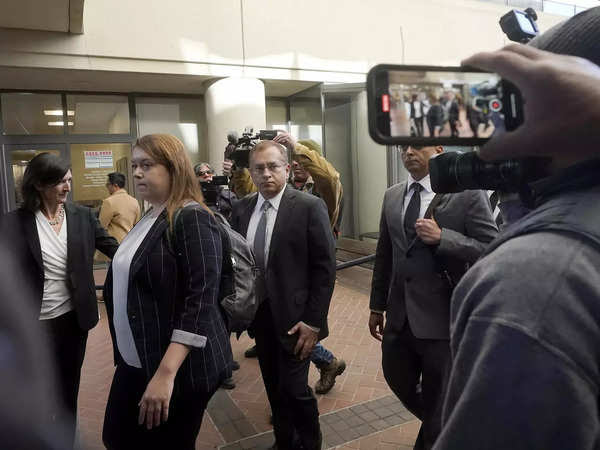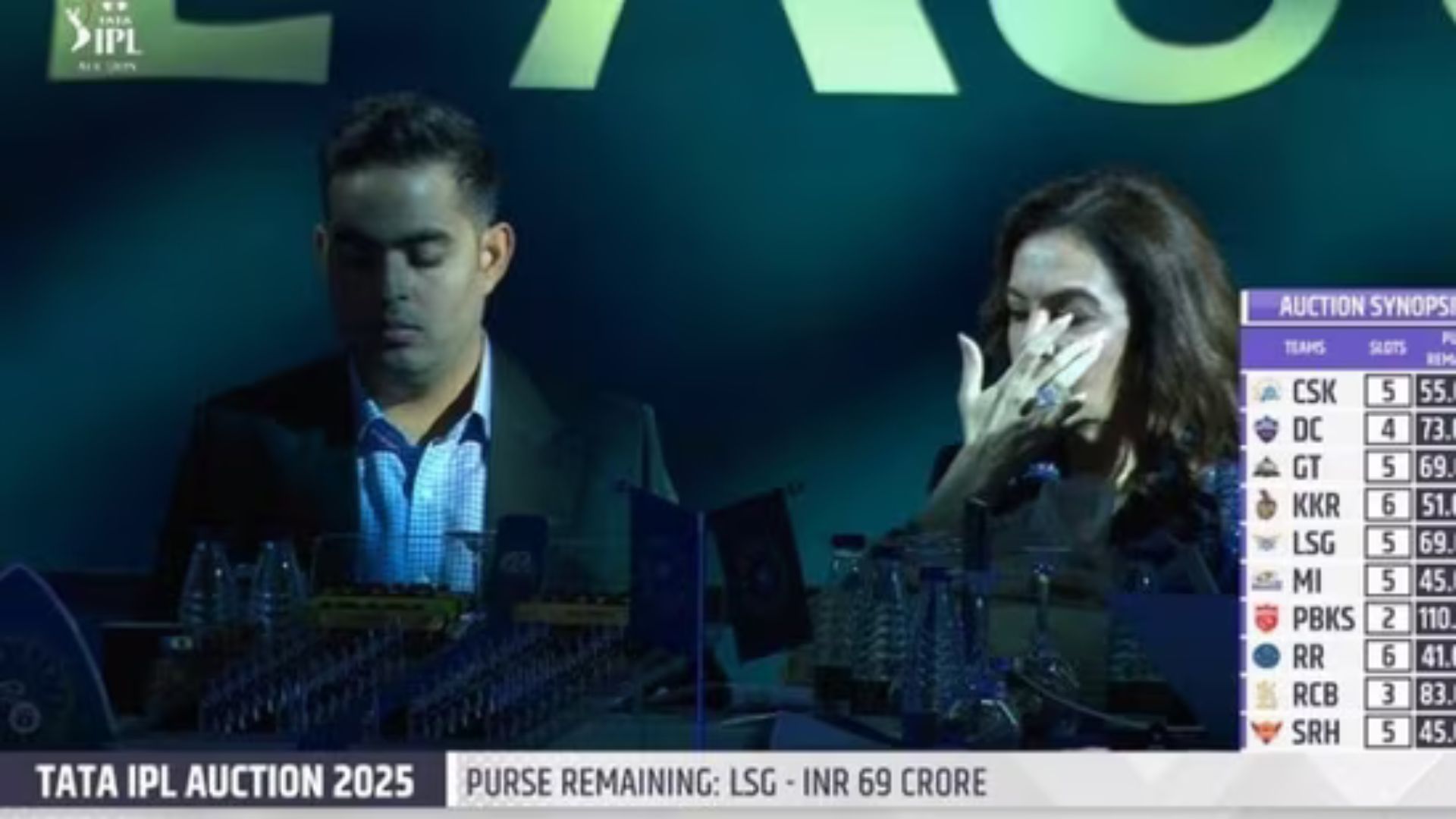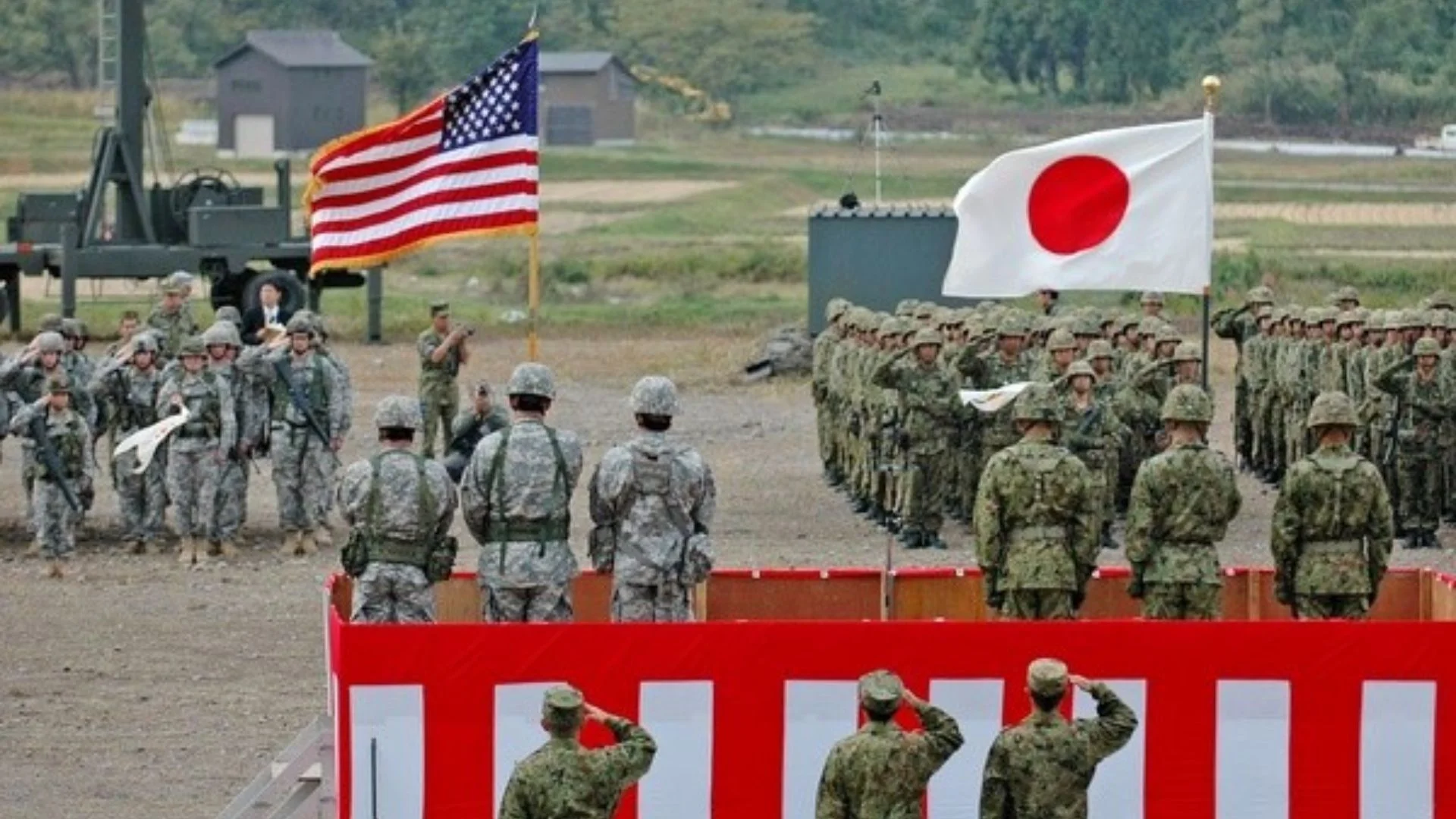
United States Attorney Stephanie Hinds announced on Wednesday that Ramesh “Sunny” Balwani, a former executive of the US health technology company Theranos, had been given a fraud sentence of 12 years and 11 months in federal prison.
The U.S. Attorney’s Office claimed in a statement that Balwani misrepresented the reliability of Theranos’ blood analysis technology, endangering patient health while defrauding investors of millions of dollars.
“Patient health is the highest priority of our healthcare system, and Silicon Valley has long been home to healthcare start-ups that enhance the care of patients through technological developments,” said U.S. Attorney Stephanie Hinds.
“Ramesh Balwani, in a desire to become a Silicon Valley titan, valued business success and personal wealth far more than patient safety. He chose deceit over candor with patients in need of medical care, and he treated his investors no better,” Hinds added.
According to FBI Special Agent in Charge Robert Tripp, Balwani not only knowingly endangered patients’ health by concealing flaws in Theranos’ blood-testing technology to deceive investors.
“Today’s sentence reflects years of dedication by the FBI and our partners to investigate fraud within Theranos and bring the company’s leadership to justice,” Tripp added.
Balwani, 57, worked for Theranos, Inc. from September 2009 to July 2016. He is from Fremont, California. He eventually served as president, chief operating officer, and a member of the board.
Elizabeth Holmes, 38, of Woodside, California, who was Balwani’s former love interest, founded the now-defunct Theranos, a blood testing business, in 2003.
Theranos developed a revolutionary blood analyzer, variously referred to as the Theranos Sample Processing Unit (TSPU), the Edison, and the Minilab, according to Balwani and Holmes, who served as chairperson and CEO, according to trial evidence.
They touted the Theranos blood analyzer as a single device that could do all blood tests offered by standard labs with just a small amount of blood obtained by fingerstick as opposed to the usual draw from a vein.
According to Balwani and Holmes, Theranos’ unique analyzer gave results that were more rapid than ever before, more accurate, and less variable than those from other approaches.
Investor-facing statements made by Balwani and Holmes claimed that Theranos technology had undergone thorough validation by numerous significant pharmaceutical firms and was being used by the Department of Defense to treat injured soldiers, where it “really saved lives on the battlefield.”
The Department of Defense never employed Theranos’ analyzer to clinically treat soldiers, and pharmaceutical firms did little to support or validate the company’s technology.
False claims were also made regarding Theranos’ plans to rapidly grow the number of wellness centres within Walgreens’ partner shops from a few dozen to 900, despite the fact that Balwani and Holmes were aware at the time that the partnership was stalling.
Trial testimony showed that Balwani and Holmes continued to promote Theranos’ analyzer as a healthcare revolution while exaggerating the company’s precarious financial situation.















